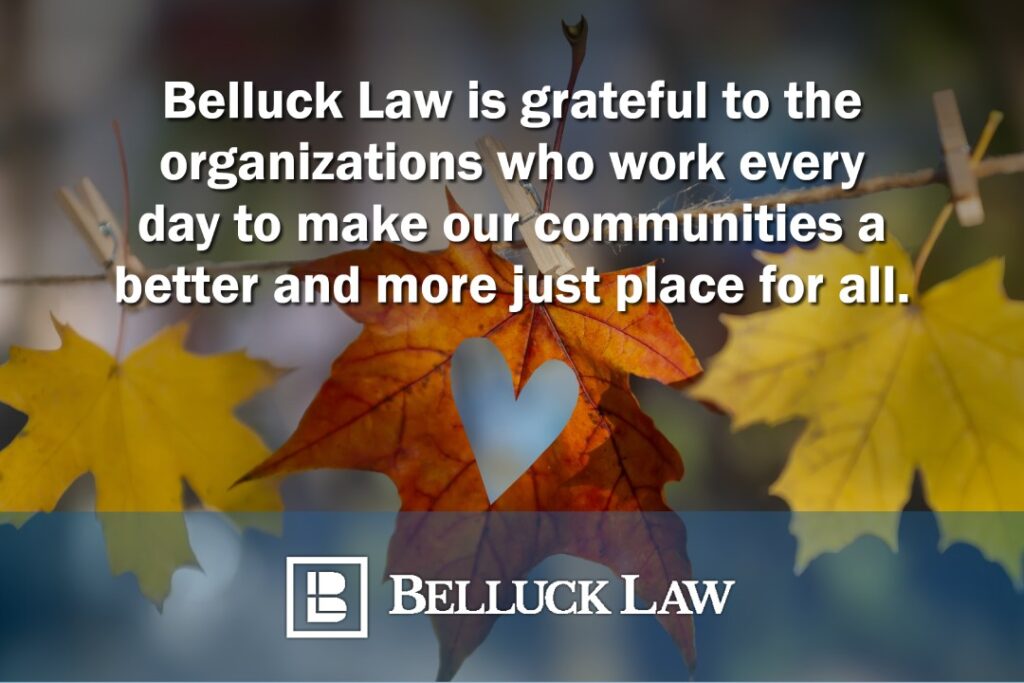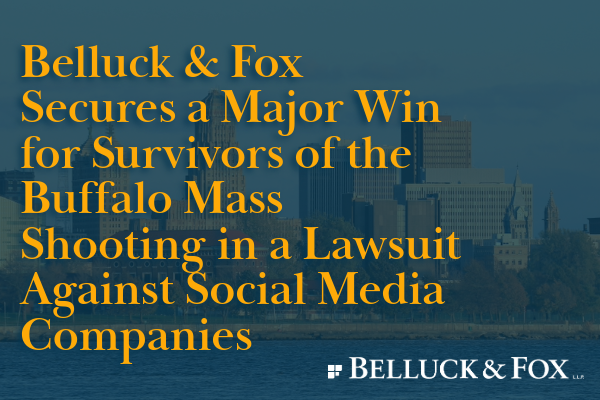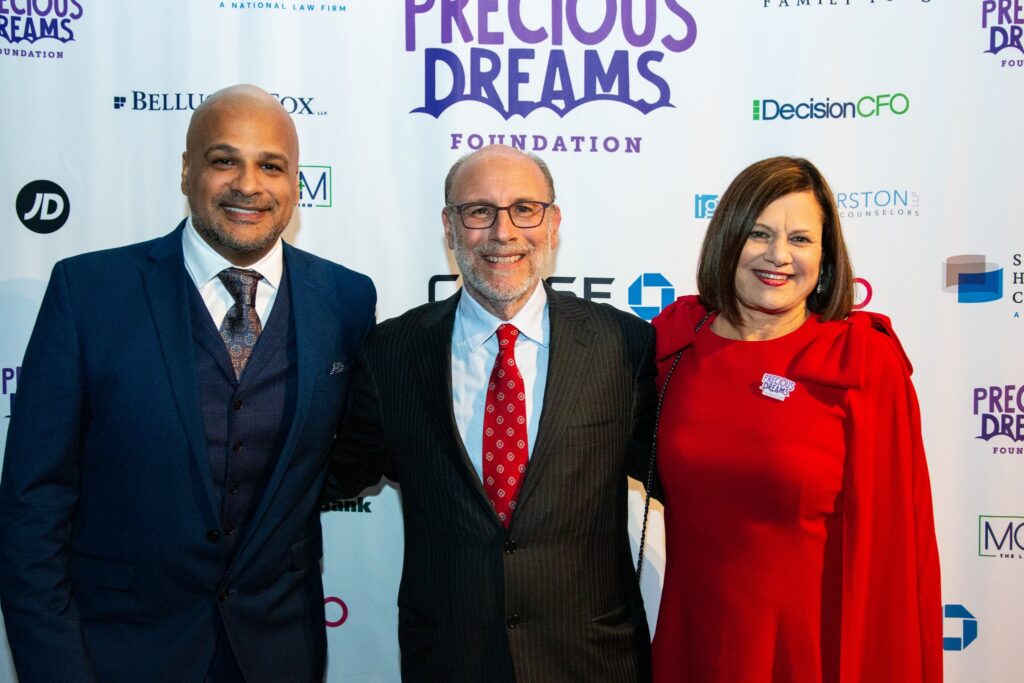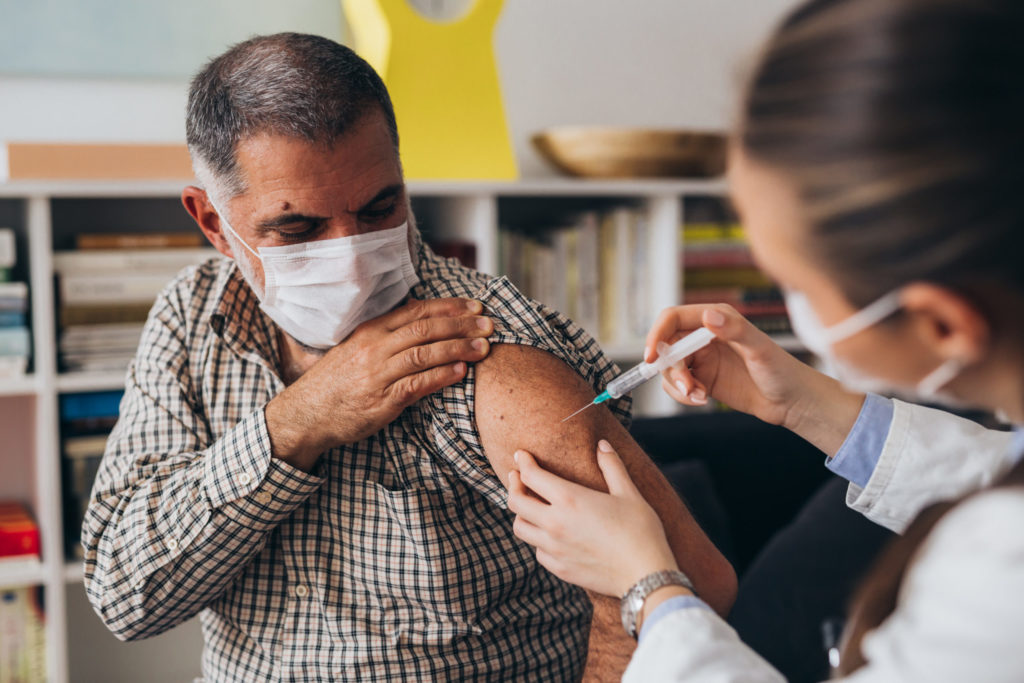November is National Family Caregivers Month
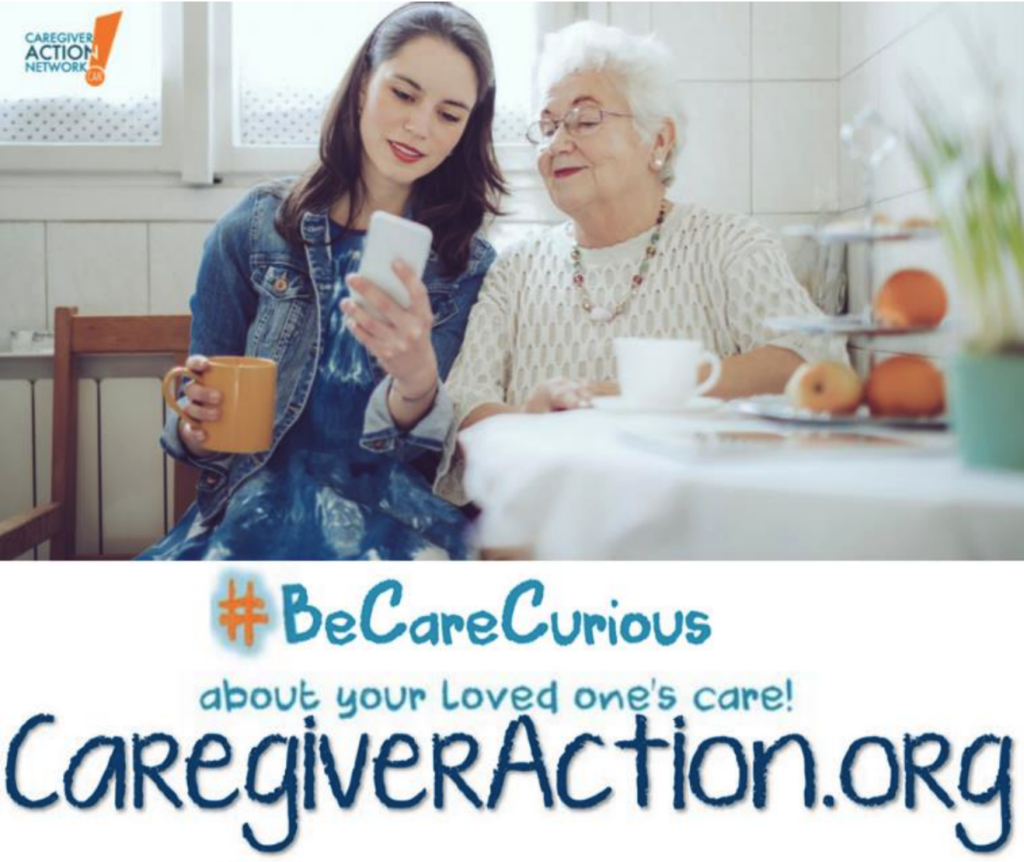
November is National Family Caregivers Month. This month is set aside to honor the people that every day are providing care for relatives, friends, spouses, and loved ones who need assistance in order to stay at home. These caregivers are usually not paid. The number of unpaid caregivers in the United States is approximately 40 million at any one time according to AARP.
Patients that are diagnosed with malignant mesothelioma and their families often have one person who the caregiving falls to. This may be by plan or perhaps just the way it turned out. During the course of their journey with mesothelioma the caregiving may take many forms. From coordination of appointments, to physical care, and emotional support, the caregiver is a vital part of the team.
These family caregivers are all around us. Of these vast numbers almost half are adult children caring for their aging parents. More than 60 percent of family caregivers are working outside the home in addition to their caregiving responsibilities. One in five are caring for their spouse. The caregivers are often not only working, but also raising their own families. They are adults of all ages performing these tasks. They are the major source of long term care in the United States.
As a result of all these responsibilities, the person whose health that suffers is often the caregiver. Being a caregiver can take a physical, emotional, and financial strain on the person. Family caregivers cannot “do it all.” There needs to be a balance for the caregiver caring for their loved one and for themselves. There are increased incidents of alcohol, tobacco, and drug abuse, anxiety disorders, cancer, diabetes, and heart disease among many caregivers.
There are organizations to support caregivers such as AARP, Family Caregiver Alliance, Office of Women’s Health:Caregiver Stress, Caregivers Action Network, Family Caregiver Alliance, National Alliance for Caregivers, and the National Family Caregivers Association.
Look around if you are not caring for someone, chances are you know someone who is. Acknowledge what a hard and difficult job it is and reach out. There are things that you may be able to help with. Sometimes just listening will help.
Thank you to all the unpaid family caregivers – you make a huge difference everyday!
